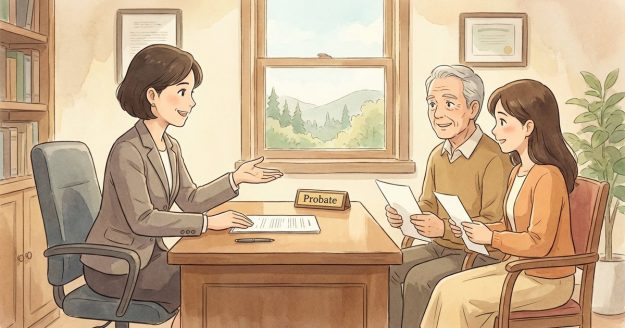What information do creditors usually require to evaluate an estate settlement request based on the estate’s assets and other debts? NC
What information do creditors usually require to evaluate an estate settlement request based on the estate’s assets and other debts? – North Carolina Short Answer In North Carolina, a creditor evaluating a reduced estate settlement request usually wants enough documentation to confirm (1) the claim is being handled by a properly appointed personal representative, (2)…



